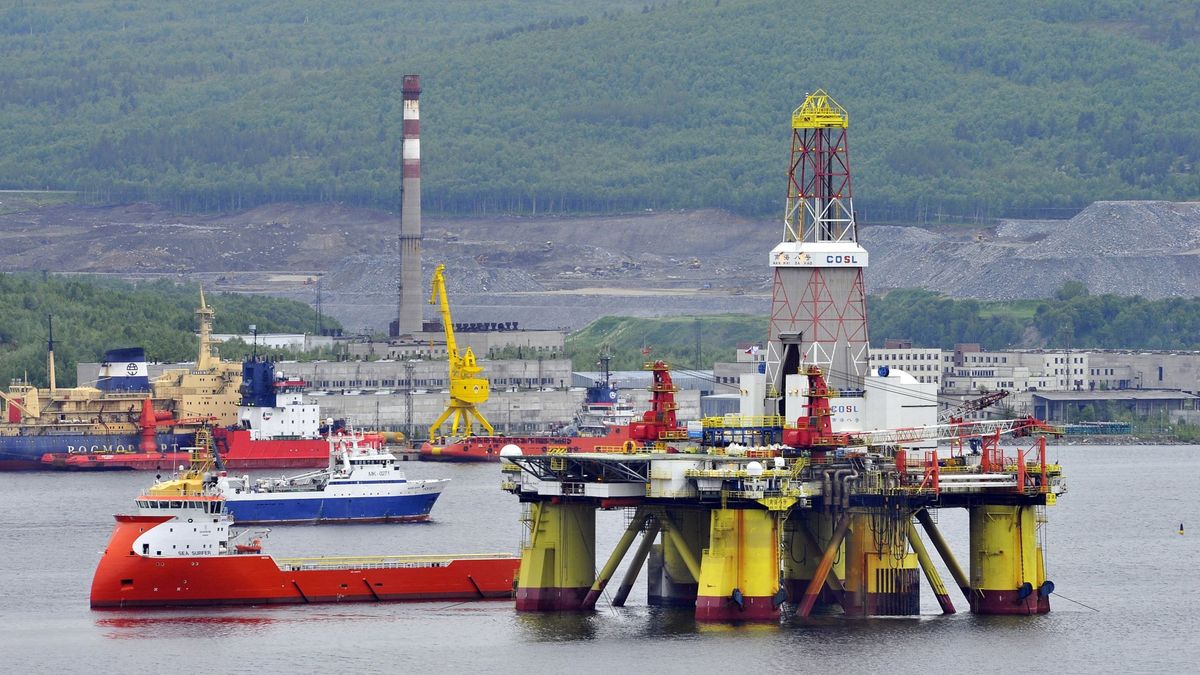Oil prices fall despite tentative 10% production cut

A few minutes every morning is all you need.
Stay up to date on the world's Headlines and Human Stories. It's fun, it's factual, it's fluff-free.
On March 9, Russia and the Organization of the Petroleum Exporting Countries (OPEC) – the influential organization of major oil producers – entered into a tentative agreement to cut production of oil by 10 million barrels a day, or about 10% from normal levels.
In response, oil markets reacted negatively, with crude trading some 9% lower. Some investors were hoping for a bigger cut due to an oversupply in the markets as global demand tanked amid the coronavirus crisis. The deal is not yet official, as Mexico, one of OPEC’s extended production partners, balked at the prospect of cutting production. Talks are set to resume today, April 10.
Over the past several months, Russia and Saudi Arabia, two influential global oil producers, have sparred over production and price levels, as demand dropped during widespread trade and travel restrictions. In early March, United States oil prices plunged by 34% in one of the largest price drops in decades, after the two countries were unable to come to an agreement on the matter.
Since the disagreement surfaced, the US and other concerned countries looked to pressure Russia and Saudi Arabia to take the necessary action to ensure stability in global oil prices.
Will it be enough?
Despite being the largest proposed production cut in OPEC’s history, some analysts fear it may not be enough to stabilize prices and balance supply and demand during the coronavirus crisis. “Although 10 million BPD will help the market on the short term to not fill up storage, it is a disappointing development for many, who still realize the size of the oil oversupply,” said Bjornar Tonhaugen, head of oil markets at Rystad Energy, a research and consultancy group in Oslo, Norway.
Echoing this sentiment, Bjarne Schieldrop, chief commodities analyst at SEB, a Swedish financial group, claimed that the current deal “won’t necessarily help all that much”, as it still leaves the market with “a very substantial production surplus.”
However, according to Kirill Dmitriev, one of Russia’s oil negotiators, the deal was a positive development. “We have managed to overcome differences,” he argued. “It will be a very important deal. It will allow the oil market to start on a path to recovery.”
Coronavirus impacts
“COVID-19 is an unseen beast that seems to be impacting everything in its path,” OPEC Secretary-General Mohammad Barkindo said at a meeting held on April 9. “For the oil market, it has completely up-ended market supply and demand fundamentals since we last met on 6 March,” he added.
According to the tentative agreement, the initial cut of 10 million barrels per day (BPD) would only last for May and June 2020, before reducing the cuts to 8 million BPD for the rest of the year. Beginning in January 2021, the cuts would decrease to 6 million BPD, which would continue until April 2022.
[article_ad]
Have a tip or story? Get in touch with our reporters here!
Sign up for daily news briefs from The Millennial Source here!




Comments ()